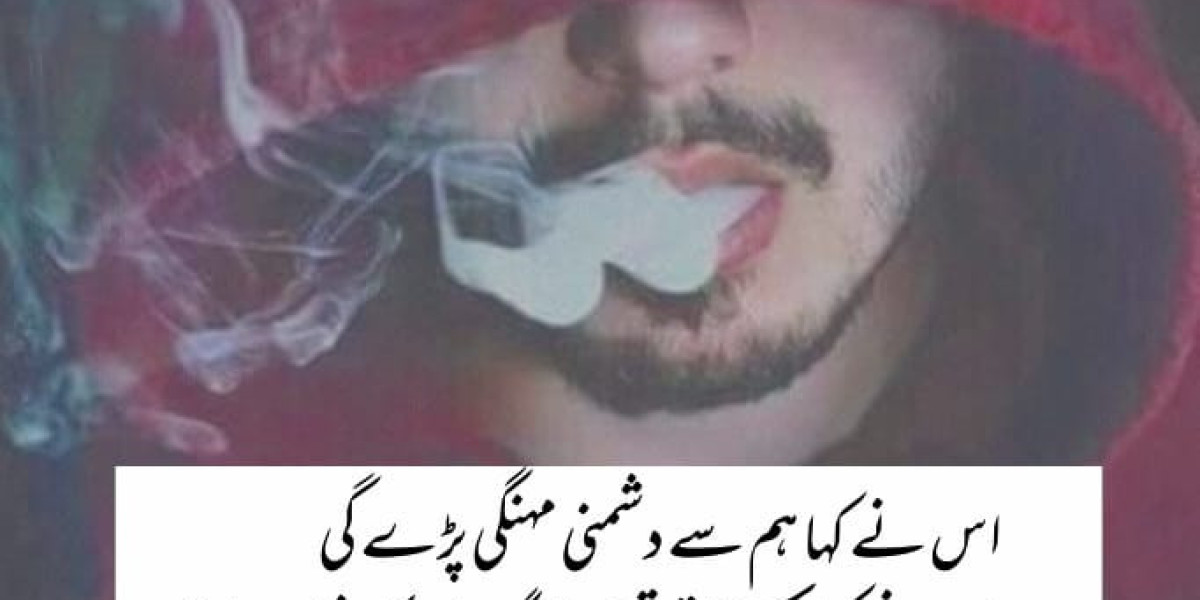Urdu, a language that resonates with the echoes of emotions, finds its exquisite expression in the form of text poetry. Urdu text poetry, also known as “شاعری” or “شعر” (shayari), holds a cherished place in the hearts of millions worldwide. It’s not just words on a page; it’s a tapestry of sentiments woven with eloquence and finesse.
A Symphony of Words:
Urdu text poetry is an art form that encapsulates feelings, experiences, and observations in a concise yet profound manner. Each couplet, known as “شیر” (sher), is a masterpiece on its own, evoking a range of emotions from love and longing to pain and introspection. This poetry is not just about language; it’s about the soul’s musings finding refuge in words.
The Power of Imagery:
One of the most enchanting aspects of Urdu text poetry is its vivid imagery. Poets use metaphors, similes, and allegories to paint intricate pictures in the reader’s mind. A simple phrase can unfold a world of meaning, invoking scenes of blooming flowers, moonlit nights, and tearful eyes. This imagery transcends the mundane and connects the reader with the profound essence of human experience.
Love: The Heartbeat of Urdu Poetry:
Love is an evergreen theme in Urdu text poetry. The emotions associated with love, whether requited or unrequited, find their perfect abode in the world of shayari. The beloved becomes a metaphor for beauty, longing, and transcendence. A line like دل میں ایک لگان ہے جو تیرے نام کی (In my heart resides an attachment to your name) can carry layers of passion that resonate with lovers across time.
Reflection of Life:
Beyond matters of the heart, Urdu text poetry reflects the complexities of life. It touches upon the transitory nature of existence, the melancholy of partings, and the resilience of the human spirit. A verse like راہ میں راہی، مجھ کو بلبل نے پکارا ہے (Traveler on the path, the nightingale has called to me) encapsulates the journey of life with all its uncertainties and unexpected encounters.
Preserving Culture and Tradition:
Urdu text poetry is deeply intertwined with the cultural fabric of South Asia, especially in countries like Pakistan and India. It’s not merely a literary form but a living heritage that carries the essence of centuries-old traditions. It’s recited at gatherings, weddings, and even as a way to express condolences. In this way, the poetry bridges generations and preserves cultural values.
In the Digital Age:
The digital age has given Urdu text poetry a new platform for expression and appreciation. Social media platforms have become virtual mehfils (gatherings), where poets and enthusiasts share their verses and engage in discussions. This resurgence has also led to creative adaptations, with poets experimenting with different forms and styles while keeping the essence of Urdu poetry intact.
Conclusion: A Tapestry of Emotions
Urdu text poetry is more than words; it’s a symphony of emotions, a reflection of life’s journey, and a testament to the power of language to capture the human experience. Whether you’re a seasoned admirer or a newcomer to this world, the beauty of Urdu text poetry lies in its ability to touch hearts, transcend boundaries, and create connections that resonate across time and space.
یہ اردو شاعری کی دنیا ہے، جہاں الفاظ احساسات کی زبان بن جاتے ہیں، اور دلوں کو چھو جاتے ہیں۔ (This is the world of Urdu poetry, where words become the language of emotions and touch hearts.)



